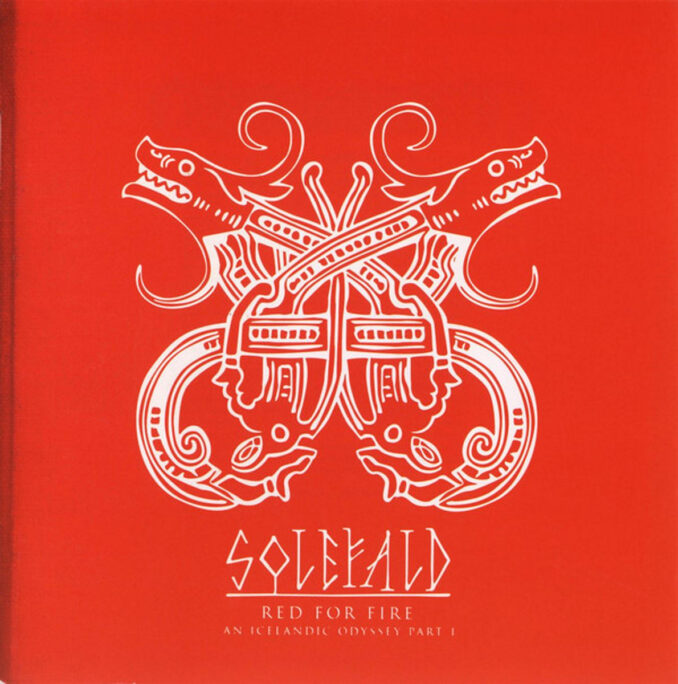
Summary
Seasons of Mist
Release date: January 12, 2006
User Review
( votes)It takes some time to get acquainted with this very demanding album, but after several listens it’s pretty clear that it’s well worth the effort. The duo of Cornelius and Lazare has, once again, come up with a very demanding, very complex, but still melodic and appealing slab of Prog/Black/Folk/Death/Whatever Metal. The band themselves describe this album as “evolution through regression,” as the album has left behind the extreme pompousness of its predecessor, In Harmonia Universali, and has gone for a more back-to-the-roots sound and theme this time – the Viking era. This is evident both lyrically and musically – the album has lots of great, Folk-inspired melodies, as well as violins and incredible female vocals courtesy of the beautiful Aggi Frost, in addition to poems read in both English and Icelandic … and this is back to basic?
“Sun I Call” opens the ball in an excellent manner, complete with beautiful violins, saxophones and the listener’s first encounter with the voice of Aggi Frost. Although intense at times, the track is very emotional and features a broad array of incredible melodies. The chorus is particularly incredible. This also goes for “Survival of the Outlaw,” which, after a brutal intro with Cornelius’ growling and discordant guitar riffs, opens up with a phenomenal chorus with great, layered, clean vocals by Lazare.
“Where Birds Have Never Been” opens with a riff that can best be described as Beethoven meets Dimmu Borgir, and speeds up while applying the opening chords to several drum grooves. “Bragi” is a short, atmospheric instrumental leading into the epic and almost musical-influenced “White Frost Queen,” in which Frost lays down some of the most incredible female vocal lines ever heard in Modern Metal. The underlaying guitars and violins complete the soundscape, and a genre classic is born. Awesome stuff indeed.
“There Is Need” brings the heavy guitars back upfront, and does so in a good manner, although this track is among the weakest on the album. The opening sequence becomes a bit too repetitive, although things get considerably better when the track moves into a very Borknagar sounding chorus, with a great vocal melody and a very clever arrangement. Still, this song is not up there with some of the others.
After the short poem “Prayer of a Son,” emotionally read by Cornelius, “Crater of the Valkyries” is next. This is perhaps the most complicated track on the album, and also one of the best. It ranges from quick, intense guitar-led parts to flute and choir parts, more reminiscent of the Beatles during their far out years than anything Metal … 8 very impressive minutes of music, indeed.
“Sea I Called” is the last “ordinary” track on the album – the album ends with the aforementioned Icelandic poem – and this can be seen as a “part 2” to the opener, bringing back several of its themes. This time they come out a bit more aggressive, but it works equally well, and this is indeed a great way to end an album … an album that everyone should check out. Imagine a mix of Borknagar, The Beatles, Opeth, Queen drenched in Vodka, and Mjød, and put it in the hands of an arranger of atonal, modern music. Sounds weird, right? It is … and it rocks like hell.

Be the first to comment